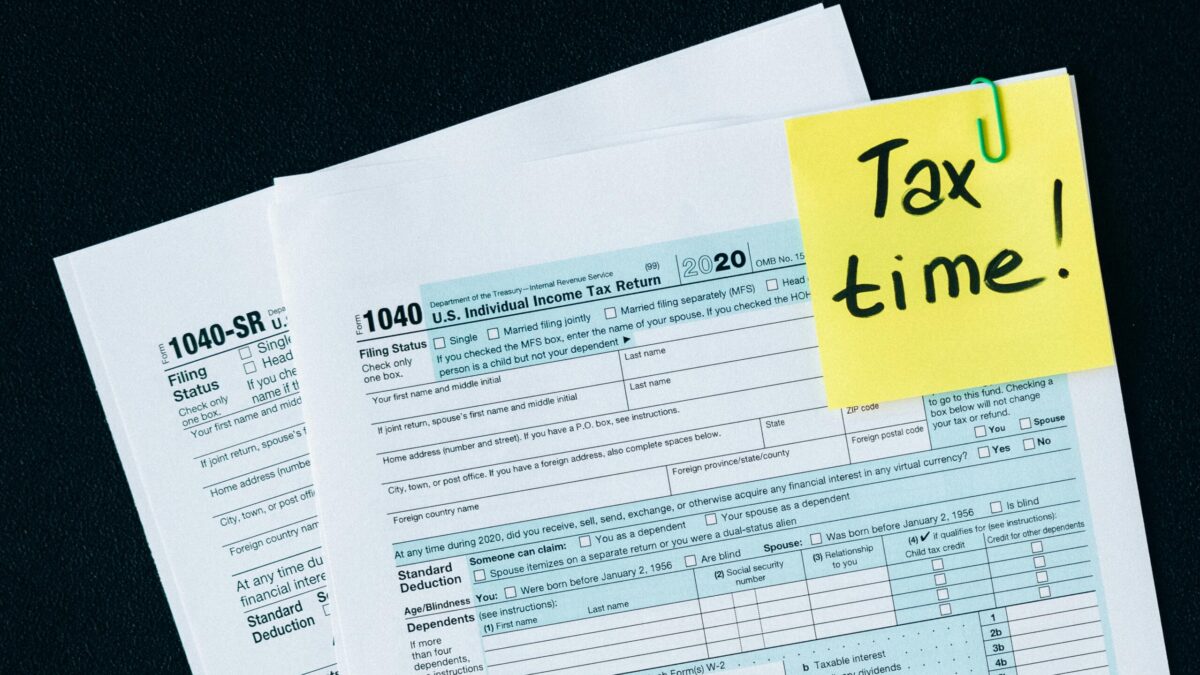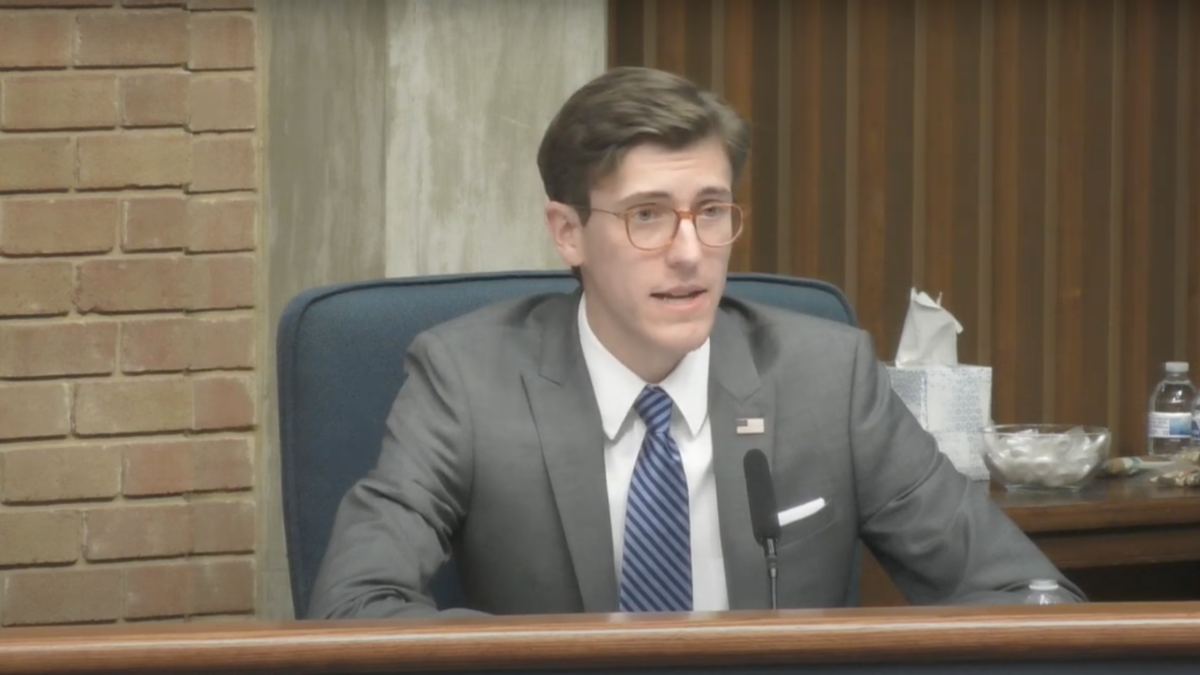Colorado voters handed the state’s Democratic Gov. Jared Polis and the Democrat-led legislature a resounding defeat Tuesday by voting “no” on Proposition HH, the Property Tax Changes and Revenue Change Measure.
Colorado taxpayers are blessed with the Colorado Taxpayer’s Bill of Rights (TABOR), a state constitutional amendment that requires voters’ approval to raise certain taxes. Without voters’ approval, the state must refund excess revenue back to taxpayers. Thus, single filers in Colorado received a refund of $750 per person last year, and this year the refund is expected to be more than $800. Although Colorado has become a deep-blue state, TABOR has restricted Colorado Democrats from imposing ruinous California-style tax hikes on Coloradoans.
Colorado Democrats, seeking unlimited government power and spending, have waged wars against TABOR for decades, including ballot measures and lawsuits. Proposition HH was Colorado Democrats’ latest attempt to get rid of TABOR. Polis insisted that Prop HH was “the only way to prevent devastating tax increases while preserving TABOR refunds.” The “Yes on HH” group repeated Polis’ false claim on its website and mailers.
Yet, according to the Denver-based Independence Institute, “Prop HH would not reduce property taxes, and it would not control future growth in property taxes.” Instead, the measure is “a back-door tax hike that takes away TABOR refunds,” and “over two decades, it allows the state to keep and spend an additional $65 billion and nearly $200 billion over three decades.” The Common Sense Institute estimated Prop HH would “result in a personal income loss of $425 per household and cost CO more than 14,000 jobs.”
Still, Democrats had hoped that their false claims, misleading campaign ads, and deceptive ballot language would fool voters into voting “yes” for Prop HH. But their deception backfired. Even leftist media, such as 9News, called out many false claims made by Polis and Prop HH campaign ads. Consequently, the “Yes on HH” group had to distance itself from Polis and remove some inaccurate wording on its website.
Nonprofits Combat Misinformation
Yet Democrats still intentionally misled voters through the following ballot language on Prop HH:
Shall the state reduce property taxes for homes and businesses, including expanding property tax relief for seniors, and backfill counties, water districts, fire districts, ambulance and hospital districts, and other local governments and fund school districts by using a portion of the state surplus up to the Proposition HH cap as defined in this measure?
This ballot wording pretended Prop HH was a measure to reduce property taxes without mentioning future tax increases or the loss of TABOR refunds. Any voters who decided about Prop HH based on such wording alone would have cast a “yes” vote without knowing that they were accepting tax increases and forfeiting the TABOR refund forever.
Fortunately, nonprofit organizations such as the Independence Institute and Advance Colorado saw through the Democrats’ misinformation campaign immediately. Through videos, op-eds, websites (the Independence Institute ran a website called HHSucks.com), mailers, and other means, these organizations were able to educate voters about what Prop HH really intended to accomplish — raising taxes and spending — and why it was necessary to vote “no.”
By focusing their resources and energy on this single ballot issue, these organizations also built a broad coalition to oppose Prop HH. Their efforts paid off on election night, and Prop HH was defeated by a significant margin: About 60 percent of Colorado voters rejected it, while 40 percent voted “yes.” Post-election analysis shows most voters who supported HH reside in Democratic strongholds such as Denver and Boulder.
Two Takeaways
There are two critical takeaways from the fight against Prop HH: One is alarming, and the other is hopeful.
Voters should be alarmed that Democrats will try anything to win elections, including intentionally confusing voters through ballot language. Writing for Forbes, Patrick Gleason, vice president of state affairs at Americans for Tax Reform, pointed out: “Misleading ballot measure language is not unique to Colorado. In fact, two high-ranking members of the Biden administration — Vice President Kamala Harris and Department of Health and Human Services Secretary Xavier Becerra — were well known for misleadingly drafted ballot measures during their time as California Attorney General.”
For example, in 2018, Sacramento County Superior Court Judge Timothy Frawley called then-Attorney General Becerra’s title and summary for Prop 6 (a measure to repeal a gas tax hike) “confusing, misleading, and likely to create prejudice against the proposed measure.” Unfortunately, what started in California rarely stays in California. Therefore, voters in other blue states should be aware that Democrats in their states may copy California Democrats’ gimmick, like Colorado Dems did, to deliberately confuse voters through ballot language.
The defeat of Prop HH also brings hope that even in a blue state, not all is lost for conservative causes. Conservatives can still fight for and win on particular issues that resonate with voters. Previously, conservatives in Colorado successfully rejected Democrats’ other money-grabbing schemes, including defeating a TABOR-limiting ballot measure in 2019 and convincing voters to pass a ballot initiative to lower the state income tax rate. These Colorado experiences show that winning ballot measures require organizations on the political right to stop infighting, learn to work together, and focus their limited resources on the issues that matter most to local voters to build a broad coalition. These are valuable lessons conservatives everywhere should learn and put into practice for future elections.






